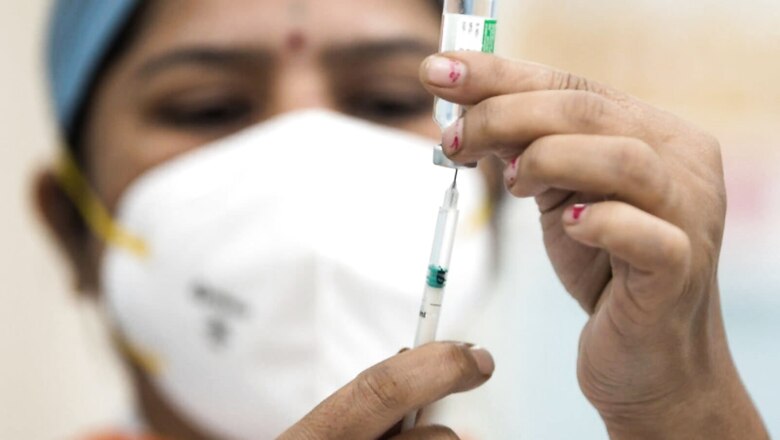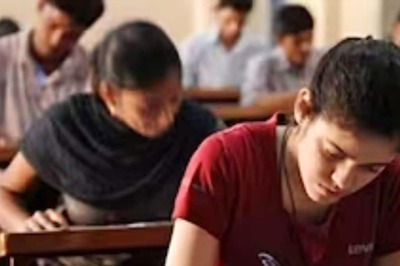Value of Boosters Coming under Attack, Need to Spend More Time to Grasp Science: Vaccine Panel Chief

views
The importance of administering booster doses is yet to gain clarity as multiple countries are seen opting for as high as four doses, the head of India’s top panel on Covid vaccines told News18.com. National Technical Advisory Group on Immunisation (NTAGI) chief Dr NK Arora said in an interview with News18.com that there is a gap in our understanding of the science behind boosters.
Sharing one of the top concerns of the NTAGI, he said that less than 10 per cent of 4.5 crore pregnant women (or those planning a child) have opted for inoculation. This means that more than 4 crore women are still unvaccinated and vulnerable against Covid-19. He also clarified that ‘precautionary doses’ are different from booster shots. Edited excerpts:
What will India’s booster strategy be?
We must understand that our understanding of Omicron is still evolving and it will take another two to three weeks to derive any concrete understanding.
Meanwhile, the value of booster doses is coming under attack.
Countries such as Israel, Germany have given four shots whereas Britain, Canada are also planning to take the fourth jab. While we understand that the epidemiology of every country is different, there is some gap in our understanding of boosters, as well. We need to wait and observe the hospitalisation trend for the next few days and find out who is most vulnerable. This is how we will prioritise and target vaccination drives at those who need the booster shot most.
What is concerning NTAGI right now?
We are concerned about women who are pregnant or planning to get pregnant soon and have decided to postpone their vaccine shots.
There are around 3 crore women in India who are pregnant and around 1.5 crore women are planning to have children. Less than 10 per cent of these 4.5 crore women are vaccinated. They must understand that pregnancy makes women vulnerable and they have a higher chance of catching an infection. We request those women to come forward as we have the data on 30 lakh doses given to pregnant women, which shows that the vaccines are safe for them and their unborn children.
What is the meaning of the term “precautionary dose” coined by Prime Minister Narendra Modi during his address to the nation on December 25?
Precautionary doses are different from booster doses. Boosters are uniformly given to everyone assuming that the immunity is becoming weak and a shot is needed to give a boost. However, a precautionary dose is given only to vulnerable sections as an additional dose because of the high risk of severe illness or high chances of re-infection.
We are close to making a final announcement on the type of the third dose – whether it will be the same vaccine that was given at the first instance or altogether a new vaccine. (Arora did not divulge further details and added that the announcement is likely to be made on Tuesday or Wednesday.)
How do we plan to vaccinate children against Covid-19?
Children are a very important pillar of society. We are working according to the degree of prioritisation. We understand that the group of 15-18 behave like adults; hence, we have allowed vaccination for them considering the chances of catching an infection is high due to their mobility and also their innate immunity may not be as strong as noticed among children below 12 years of age.
Gradually, we will go down in selecting groups of children for vaccination. If we open up the drive for everyone in one go, it will create chaos rather than reaching out first to those who need it most.
There are more than 44 crore children in India. Earlier, the plan was to first vaccinate the group of children suffering from underlying health conditions. However, the co-morbidities are not well identified among children and, hence, we decided to bifurcate the drive age-wise and vaccinate all children in the selected bracket.
Read all the Latest India News here



















Comments
0 comment